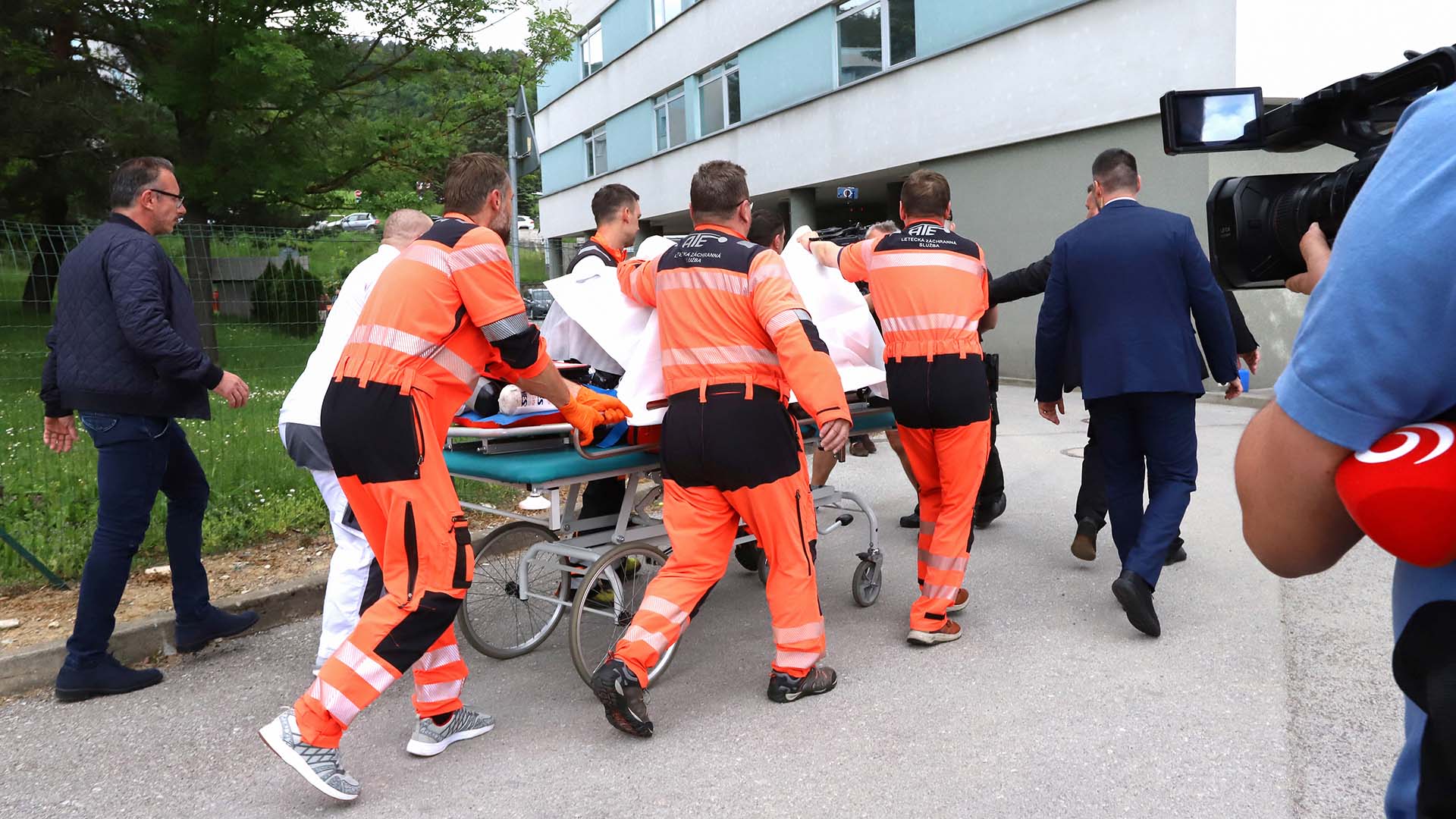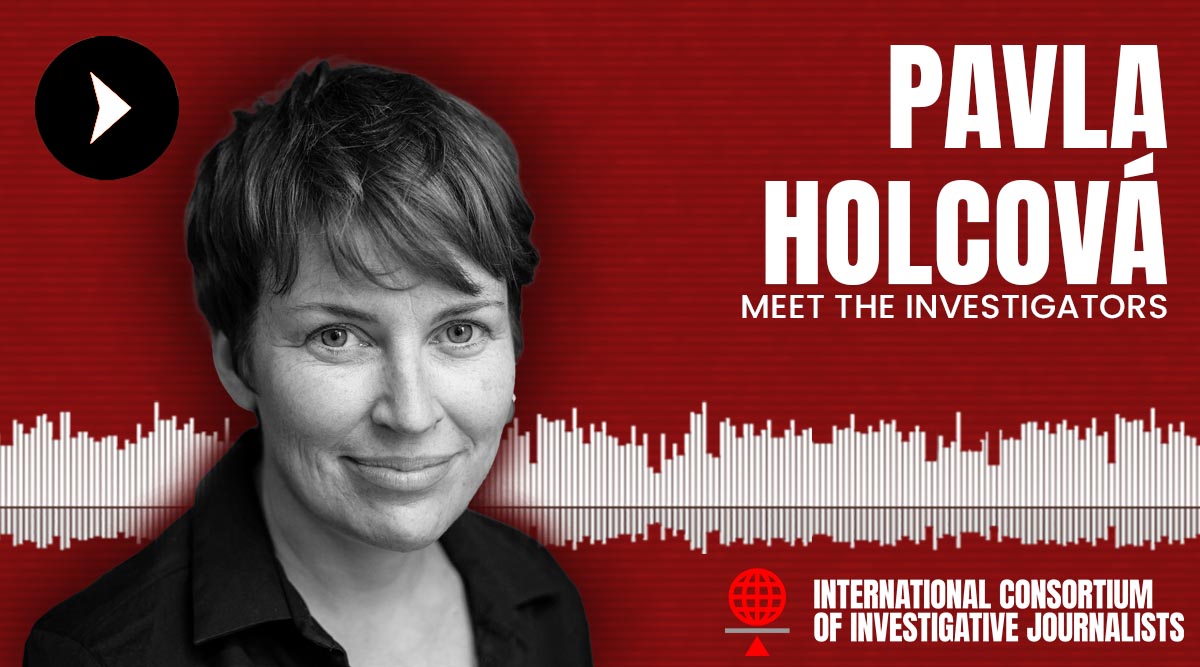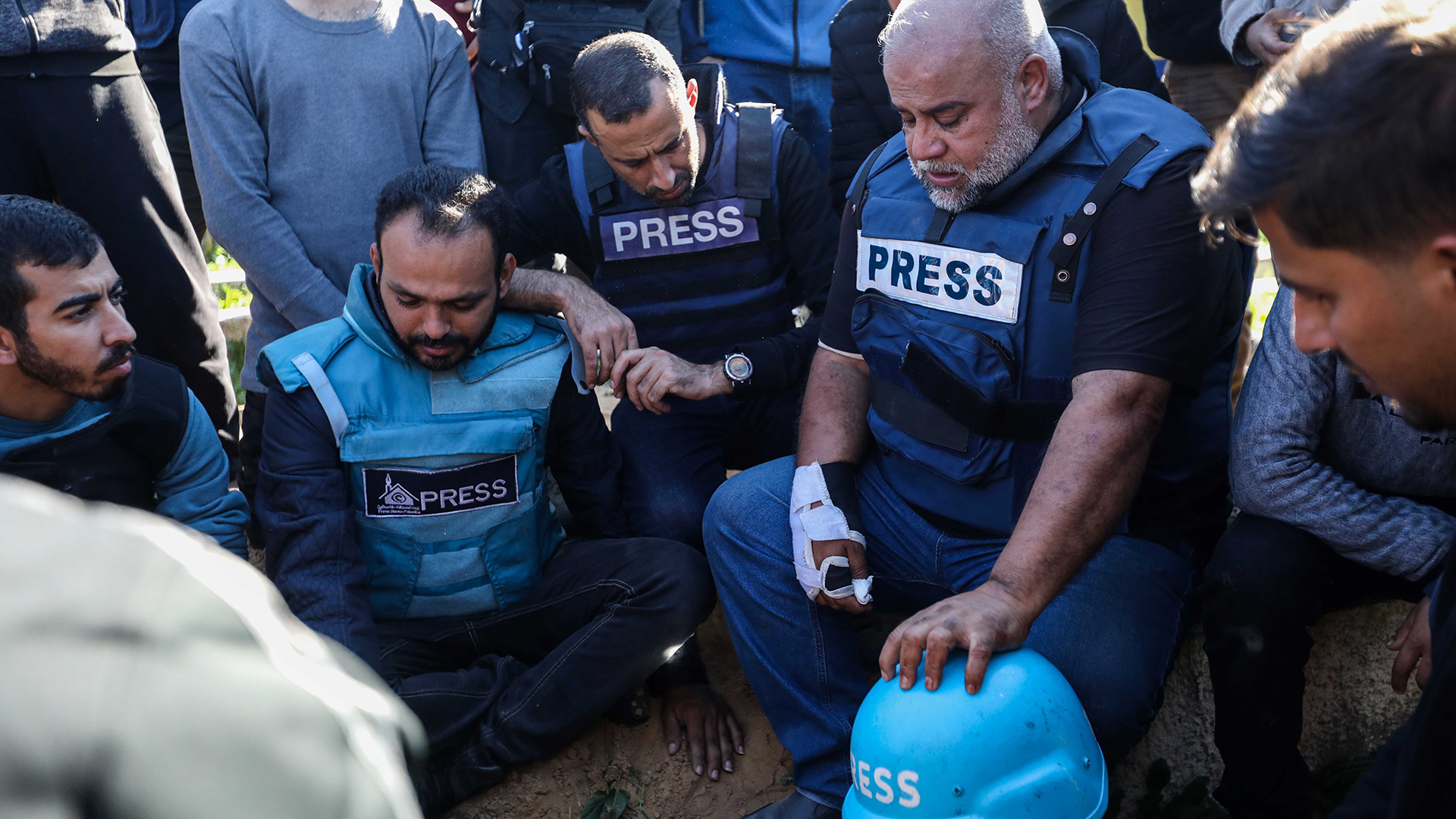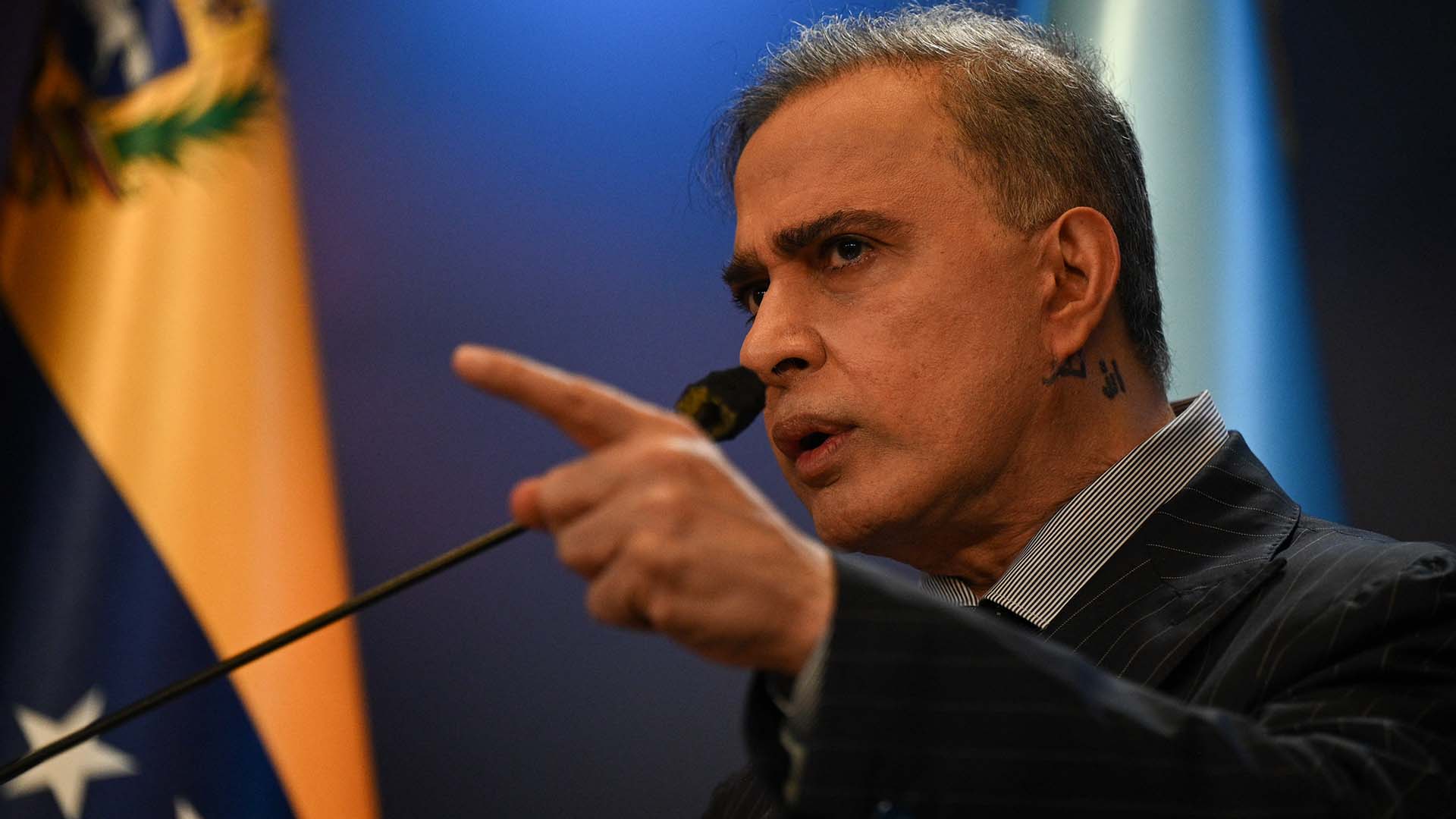Slovak Prime Minister Robert Fico — the populist, pro-Russian prime minister once ousted in 2018 after the murder of journalist Ján Kuciak during his mandate — has undergone emergency surgery after an assassination attempt in a town in the center of the country.
Fico was shot multiple times following a political event in Handlova, about 120 miles northeast of the capital Bratislava, and was flown to a hospital in nearby Banska Bystrica in what was described as a “life-threatening condition.” Following his operation he was reported to be in a stable condition and expected to survive. The police have detained the suspected gunman, Reuters reported.
World leaders across the West voiced their concern, including U.S. President Biden, who released a statement condemning the “horrific act of violence.” Slovakia’s interior minister, Matus Sutaj Estok, described it on Facebook as “the worst day of [Slovakia’s] democracy” and said there appeared to be “a clear political motivation” for the shooting.
ICIJ member and founder of Investigace.cz Pavla Holcová, who collaborated with Kuciak on stories that came out of ICIJ’s Panama and Paradise Papers, reacted with alarm to the news and its potential implications.
“I’m in shock,” Holcová said. “This is kind of a signal of the extreme situation in Slovakia, of the extreme polarization.”
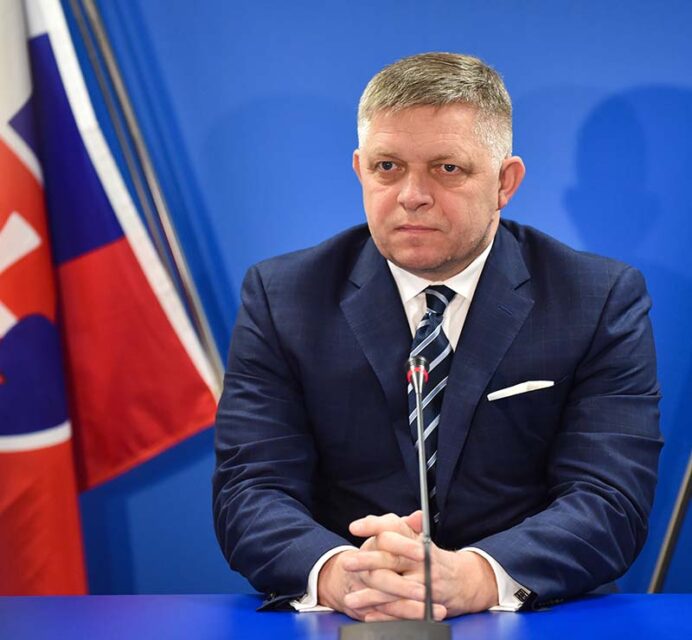
Since his reelection last fall, Fico and his coalition have put frequent pressure on the independent press, including ceasing communication with several respected outlets and plans to take control of public media, according to local journalists.
“The election in September pretty much returned the old power structures to power, and one of the first things they’ve done is to go and shrink the space that free press has,” Holcová said.
Holcová says the country has seen significant deterioration of press freedom in the years since Kuciak and his fiancee, Martina Kušnírová, were shot in an alleged contract killing.
The murder of the journalist— the first ever in Slovakia’s 25 years as an independent state — triggered mass protests and a political crisis that brought down the country’s government. While four people connected to the crime have been convicted, the alleged instigator — businessman Marian Kocner — has been acquitted twice.
‘An Orwellian situation’
Holcová worries that the assassination attempt will be used as a “political tool” to aggravate anti-press sentiment. Reuters reported that a close ally of Fico’s, Lubos Blaha, has already condemned the media and political opposition for “the hatred you spread against Robert Fico.” SME, a Slovakian outlet, reported Andrej Danko, the chairman of the Slovak National Party, asked representatives of the media: “Are you satisfied now?”
Martin Turček, a Slovakian investigative journalist with Aktuality.sk, says the pressure is slowly making TV journalism less critical of the government — which, if it continues, could impact the elderly, or people living in smaller municipalities, which Turček says are less likely to consume news digitally or in print. Peter Sabo, a Slovakian journalist also with Aktuality.sk, says many of the largest media outlets are owned by oligarchs — leaving small, NGO newsrooms as the “only free media.”
“It’s kind of an Orwellian situation,” Sabo said. “People who were for years saying really hateful words about media and about the opposition, about NGOs — now they are telling that the media, the opposition and the NGOs are basically the ones who are responsible for hate.”
But Turček says he’s an optimist. Even though he’s reported extensively on Fico, his government and corruption in Slovakia, the news of the assassination attempt “hurts to see.”
“It sometimes happens that a mess like this just results in a big media war and everything,” he said. “But sometimes, in moments like this, actually, it can happen that a nation comes just a little bit together.”
